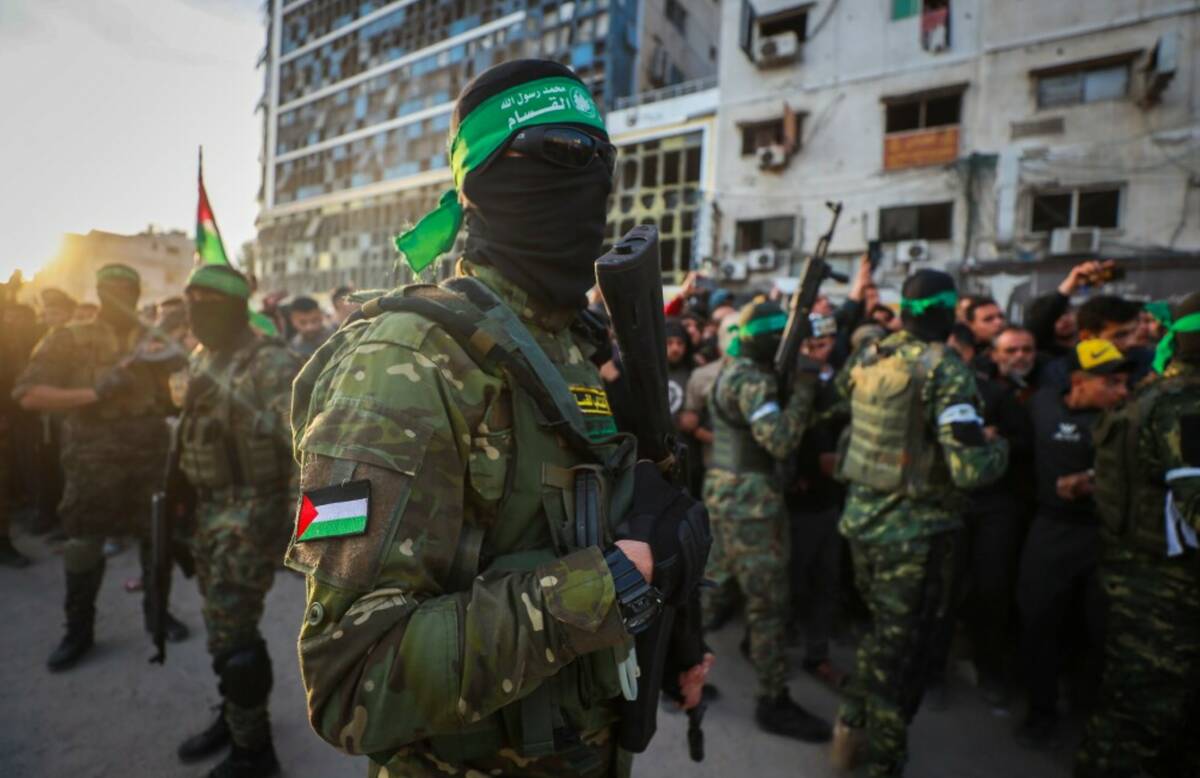Turkey has informed mediators that it has successfully established contact with two additional groups of terrorists holding Israeli hostages in the Gaza Strip. This development follows several days of no communication with two of the four groups involved in the hostage situation. According to a source familiar with the negotiations, four separate groups in Gaza currently hold Israelis, with one associated with the Palestinian Islamic Jihad terrorist organization.
Each group has articulated different demands related to the future of its members, including assurances for personal safety and immunity from potential Israeli retaliation. These groups also have distinct interpretations of what they consider the “achievements of the war” from the perspective of Hamas and jihadist factions, two years after the conflict began.
Negotiation Dynamics and Challenges
Reports indicate that most of the terrorists currently holding hostages are perceived as less extreme than the prior leadership of Hamas, which was largely dismantled during the war. These groups reportedly wish to avoid endangering their own lives and those of their families, thus showing a willingness to negotiate terms for resolving the conflict. Nevertheless, their individual and collective demands differ significantly, complicating the negotiation process.
US President Donald Trump described the ongoing talks as progressing, though he acknowledged they remain difficult and uncompromising. A significant hurdle in recent days has been the inability to establish contact with two of the four groups. Turkish officials have stated that they managed to reconnect with these factions within the past 24 hours, leading to hopes for renewed progress.
Several sources have noted that Turkey is exerting substantial effort to facilitate a successful negotiation process, in part to align with Trump’s interests. However, it remains unclear whether any meaningful advancements toward an agreement have been achieved.
Disagreements Among Mediators
In parallel to these negotiations, tensions have arisen among the mediating states regarding the potential release of Marwan Barghouti, a senior figure in the Fatah movement currently imprisoned in Israel. Some Arab countries are concerned that Barghouti’s release could provoke violent clashes between his supporters in Ramallah and rival factions within the Palestinian Authority, leading to strong opposition against his freedom.
Conversely, Qatar and Turkey are advocating for Barghouti’s release, positioning him as a “symbol for the Palestinians.” Barghouti led Fatah’s Tanzim militia during the Second Intifada from 2000 to 2005 and was convicted of multiple murders, receiving five consecutive life sentences plus an additional 40 years in prison in 2004. Despite his incarceration, he has gained prominence among various groups and has been known to participate in hunger strikes.
As negotiations continue, the outcomes remain uncertain, with stakeholders keenly observing the evolving dynamics. The situation underscores the complexity of the Israeli-Palestinian conflict, particularly in the context of hostage negotiations and the political implications of leadership figures like Barghouti.
